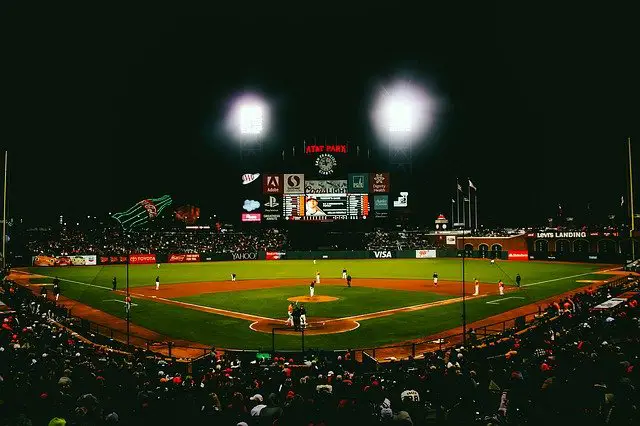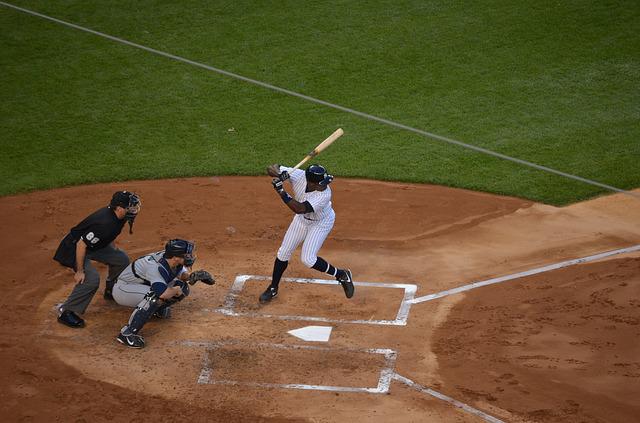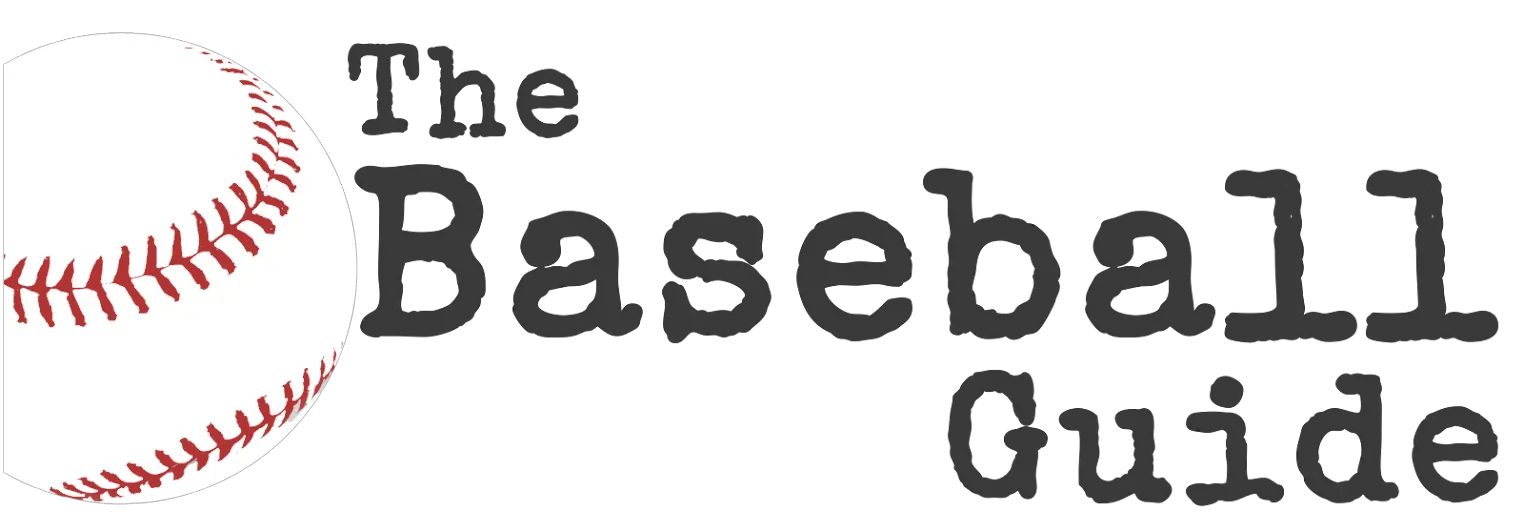If you’re a baseball fan you must have heard about the term “OPS”.
Feeling aware yet unaware of it?
Don’t worry!
For now, I’ll let you know that if you know baseball’s terms then you probably know OBP and SLG, so OPS is like the combination of these two.
This decades-old formula is being used again and hence the hype. Scroll through the article to know what is OPS in baseball, how you can calculate it, and if it is a good way to measure a player’s formula.
Definition
OPS, the short form of On-base Plus Slugging is one of the statistics that is used to measure the overall effectiveness of hitters.
It is calculated by combining two stats which include measuring how good the player is at reaching the base and hitting for power.

Why Is OPS Considered A Good Stat?
OPS is one of the stats that is considered to be “good”. Why? Here are a few reasons for that,
- It measures the two most important skills of a player which are getting on base and hitting for power.
- The easy-to-understand and use formula can be used by fans easily to calculate and further interpret.
- OPS helps interpret the ability of the player, hence helping the teams to interpret their players.
Disadvantages Of OPS
OPS, even though considered one of the easiest stats to be calculated, there are a few drawbacks to it,
- It isn’t a foolproof method. The statistic is dependent upon various conditions like is the ballpark is favorable for hitters or pitchers. Even the dimensions of the ballpark directly affect the performance and the stat.
- As per a few individuals, the OPS formula gives equal weightage to two very different stats that are OBP and SLG. Since OBP is more directly linked to the success of a team compared to SLG it becomes unfair as per a few individuals.
Difference Between OPS And Batting Average
There is a misunderstanding where people alternatively use these two stats, but OPS is a more detailed interpretation of the hitter’s performance.
Since the batting average just considers the number of times a batter reaches base safely after hitting, it misses the other factors like being hit by a pitch.
How To Calculate OPS?
OPS is calculated by combining two different stats namely OBP (On-Base Percentage) and SLG (Slugging Percentage). So to begin with,
Calculate The OBP
Firstly, you’ll have to calculate the OBP which helps interpret the ability of a player to safely get to the base. To calculate OBP, here is the formula,
OBP = (H + BB + HBP) / (AB + BB + SF + HBP)
Where,
H = Sum of Hits
BB = Bases on Balls
HBP = Hit By a Pitch
AB = Number of Official At-Bats
SF = Sacrifice Flies
Calculate the SLG
Then moving on you’ll have to calculate the SLG which helps interpret the ability of a player to get the hits (including the extra-base hits like doubles, triples, and home runs). To calculate SLG, here is the formula,
SLG = TB / AB
Where,
TB = Total Bases
AB = Number of Official At-Bats
And, to calculate TB, the formula is,
TB = [1B + (2 x 2B) + (3 x 3B) + (4 x HR)]
Where,
B = Single / One Base
2B = Double / Two Bases
3B = Triple / Three Bases
HR = Home Run / Four Bases
Calculate the OPS
Once done with the above two steps, calculating OPS becomes extremely easy. To calculator OPS all you have to do is just add the OBP and SLG, so the formula will look like this,
OPS = OBP + SLG
So, now you have your OPS calculated for the desired player or even for yourself if you want.
Brownie – The OPS of 0.800 and above is considered to be good the OPS of 0.600 and less is considered poor, and if the OPS of a player exceeds 1.000 it is likely to be termed as “elite”.
OPS Record Holders

The top 10 among the all-time leaders on the OPS board are,
Rank – Name – OPS
1 – Babe Ruth – 1.164
2 – Ted Williams – 1.115
3 – Lou Gehrig – 1.080
4 – Barry Bonds – 1.051
5 – Jimmie Foxx – 1.038
6 – Hank Greenberg – 1.017
7 – Rogers Hornsby – 1.010
8 – Mike Trout – 1.004
9 – Manny Ramirez – 0.996
10 – Mark McGwire – 0.982
Brownie Fact
Not preferred and not widely used but the OPS is even used in evaluating the pitchers and their performance and this evaluation is known as the “OPS Against”
Conclusion
As understood from the information above OPS is indeed a good (and easy) method to understand and measure a player’s performance, giving good insights as a result but at the same time, its drawbacks are to be considered.
So, depending upon the purpose and its intensity you can decide if OPS is a good statistic.
Lastly, Don’t forget to check our other articles as well – Baseball Inspirational & Motivational Quotes, What is WHIP in Baseball, WAR Meaning in Baseball.

